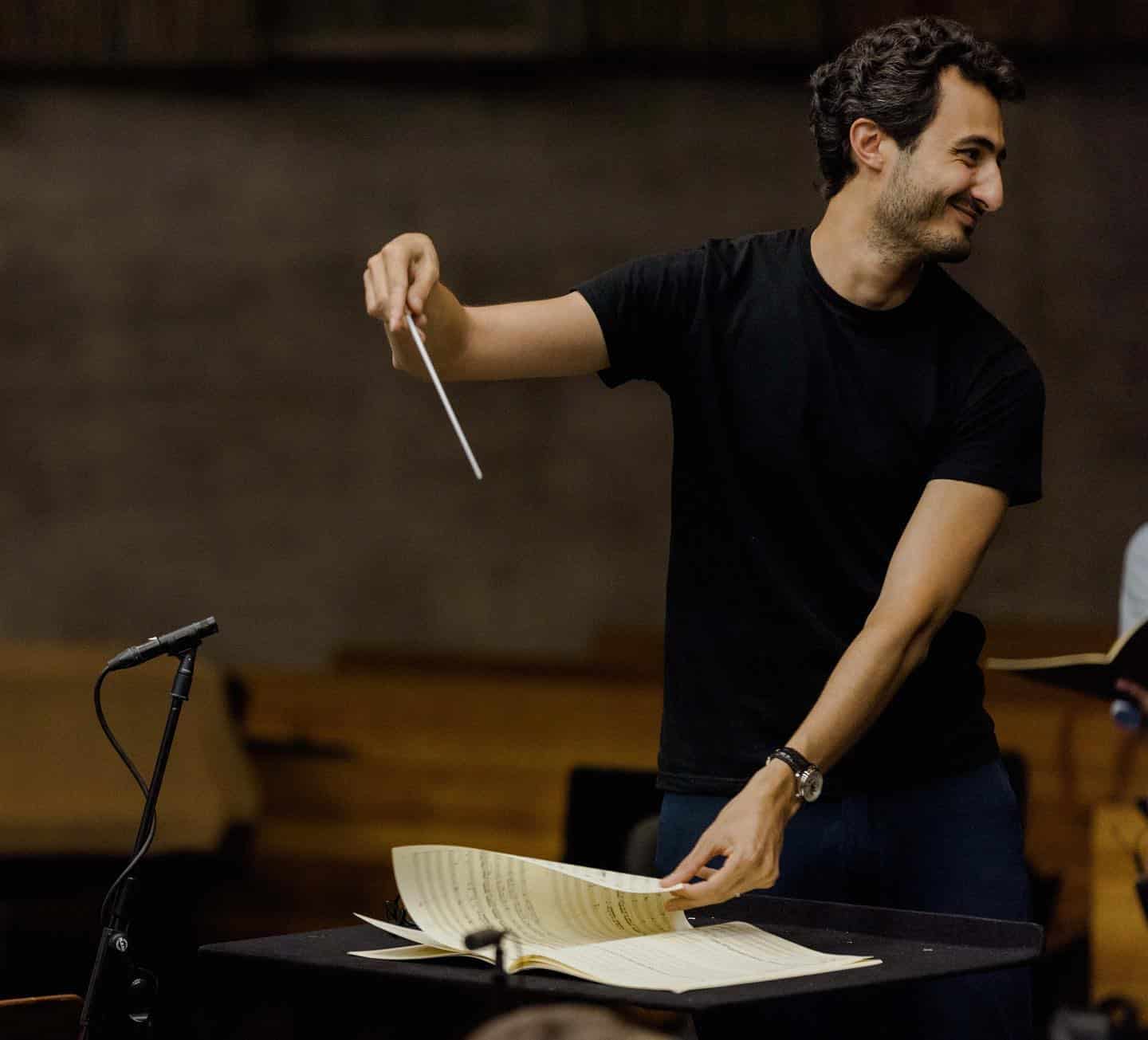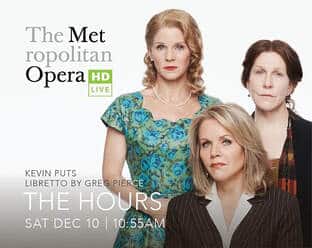UK drops music and art from new school leaving standard
mainThe Department of Education has dropped cultural subjects from the proposed English Baccalaureate.
That seems so shortsighted when the creative industries are the nation’s biggest and fastest growing export. The Bacc will rank schools’ achievements in key subjects and eventually set the standard for school-leaving exams.
Here’s the breaking story. Not too late to change things.
Bombard Education Sec Michael Gove with your views.
It’s barely a year since he said that every child should have the right to learn to play an instrument at school.
And copy in Jeremy Hunt (if he’s still there after the Murdoch fiasco).





Be helpful to clarify that creative subjects haven’t been “dropped”. They weren’t included in the Eng Bac in the first place. And these aren’t “leaving exams”. It’s a tool for measuring a school’s position in the league tables. There is certainly a fear that it means creative subjects will be marginalised and dropped from the school curriculum at Key Stage 4, as schools will concentrate on subjects that push them up the league tables. But best people complain to Gove with accurate information.
Thanks for the clarification, Mark. I know they weren’t included in the first place, but that was just a starting ploy. This looks final. You’re right about the Bacc – but as I understand it the plan is that, if it works, it will become the new school-leaving standard.
Perhaps Michael would be more keen to include Music GCSE if it was a consistently rigorous qualification, like the other subjects in the EBac.
I know thousands of young people complete music gcse to a high standard with certain exam boards that require them to demonstrate diverse and in-depth work including strong performance, aptitude in composition, aural skills, essay-writing, listening skills, historical knowledge and musical theory.
There are aso other young people doing GCSE music with certain exam boards that are given Cs, Bs and sometimes As when they can’t read music and they can’t write a coherent essay. The point of the EBac is to measure academic achievement. So either we make Music a rigorous qualification – meaning that students who are good at music but poor at academic skills will never get high grades in it – or we don’t have it in the EBac.
Given the current state of music teaching, I think we might struggle to bring it up to high academic standards to match the EBac. I know Music Teachers who had to take the literacy and maths tests for the PGCE over 6 times to pass. And I’m not sure about the political will for making music a more academic subject either. Schools are desperate for qualifications that all their young people can achieve, especially well respected qualifications. Music GCSE helps those with different skills, who wouldn’t stand a chance at GCSE History, to get an A or B in something. And as soon as you suggest that a GCSE might not be the right route for these children, you get accused of creating the nightmare ‘two-tier system’. Except that we have that anyway, as demonstrated by the EBac and the fact that children obviously have different abilities!!
Incidentally, I’m all for making Music academically rigorous and putting it in the EBac. But I fear I am in a minority. I don’t think this issue is quite as black and white as it first appears, but worth raising nonetheless.
I had missed Gove’s pronouncement on instrumental teaching, but wonder just how much it can be achieved when local education authority music services are being eroded by funding cuts. As for some academies, don’t get me started. Having worked with a feeder primary (in a deprived area) in helping set up a successful model for instrumental teaching (85% continuation after a year’s free lessons), I was told by the newly washed comp that they would not be employing visiting music teachers as “you’ll find kids from this area don’t like classical music.” What have the years since the 1944 act been about?
On the topic of rigour, I agree with Sara’s comment. Many secondary schools push Music GCSE as a soft option for an easy C grade. Music should be in the new syllabus, but as a real academic qualification.
Margaret, in fairness the Acadmey status or otherwise is unlikely to be to blame for that unfortunate attitude, which is probably down to the person involved (Head? Head of Music?) instead and would be the same no matter the school’s status. I’d think that Academies are more likely, not less, to be in a position to offer instrumental lessons; they are likely to have a greater degree of funding control and by-and-large more spare cash per pupil to work with.
Margaret your comment: “you’ll find kids from this area don’t like classical music” makes my heart break and it is attitudes like that which stopped me going into music teaching. See ‘Orchestra United’ featuring the Hallé Harmony Youth Orchestra on Channel 4 for evidence, if anyone needs it (preaching to the converted!)